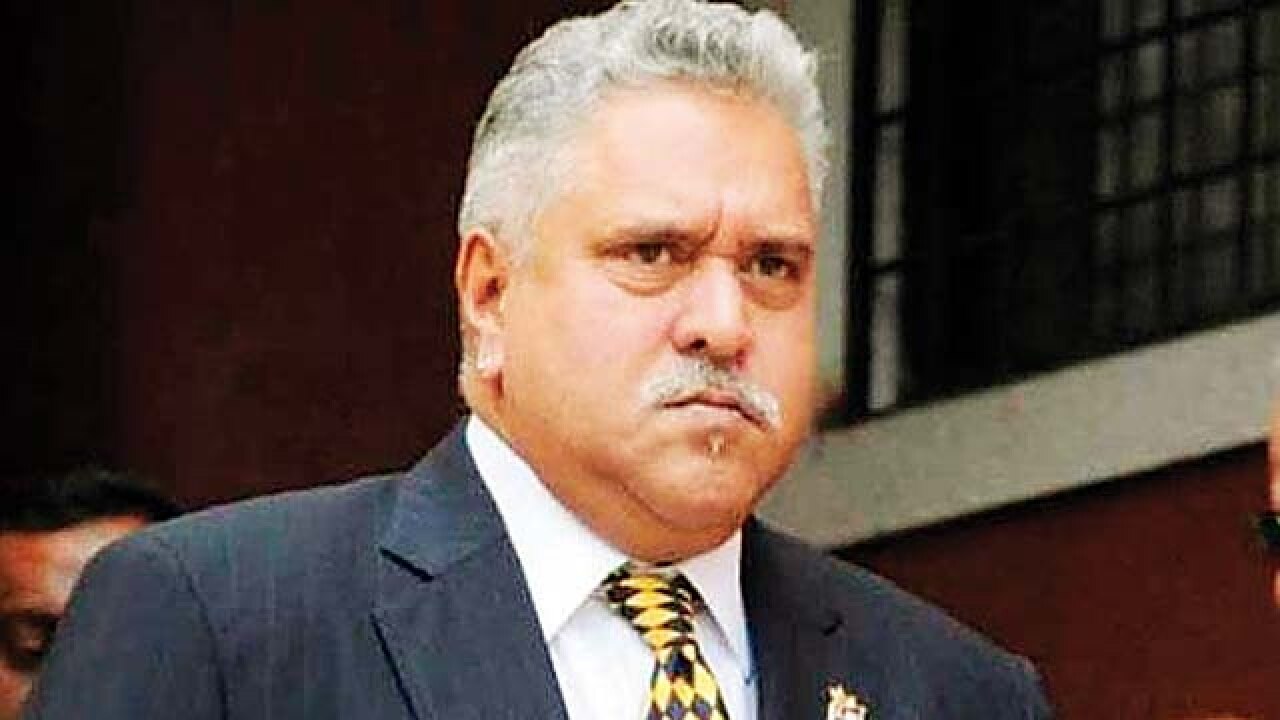
In a charge sheet filed before a Mumbai court, the Enforcement Directorate has claimed that the disgraced liquor baron Vijay Mallya actively diverted sizable chunks from a Rs 900-crore loan for his personal expenses. Instrumental to this diversion, the ED claims, were five IDBI Bank employees who “knowingly assisted and conspired” with Mallya in “cheating” the bank of the hard-earned money deposited by its customers.
While these five officials are out on bail, the bank is in the doldrums. Its total NPAs, as per the latest estimates, stand at a staggering Rs 45,500 crore, and the bank has set up a 100-member team to devise a turnaround strategy. However, investors and fund houses are not interested in buying into the banks’ spin, evident by its stock movement, which has slid by 26% last month alone. What do not help the IDBI’s cause are the ED revelations in its charge sheet. Among other charges, it says that the bank disbursed the loan even when the officials were aware of Kingfisher Airlines’ unsteady financials and its poor credit eligibility.
The agency has alleged that the bank cleared a part of the Rs 900 crore loan within a day of receiving the proposal even when it was aware that credit facility of over Rs 4,600 crore, extended as short-term loans by other banks, was being used for long-term purposes. Now, Mallya is chiding Indians from UK that we can keep dreaming about billions of pounds, while the five IDBI officials face the prospect of being jailed. IDBI Bank isn’t the only institution in the NPA soup. Several public and private sector banks are also in the crosshairs of the CBI and the ED for granting loans in violation of the lending parameters. Why did they do so? Many former banking officials claim interference from government quarters, while an equal number attribute these loans to the heady enthusiasm of the pre-recession period.
Irrespective of the reasons behind loan disbursals, the fact is banks are sitting on a pile of Rs 7.7 lakh crore of toxic loans. Meanwhile, the need for a centralised due diligence bureau has never been felt as strongly as it is now. Such a bureau with cross-sectoral expertise will help banks assess project viability. Additionally, the absence of aggregated data on loan exposure at a central level will also have to be tackled by the RBI and other banking players. Wilful defaulters, aware of this lacuna, exploit it to the hilt. The same set of borrowers invoke debt-restructuring exercise every other decade and walk away with sizable haircuts. A centralised data pool will reduce, if not eliminate, such happenings.